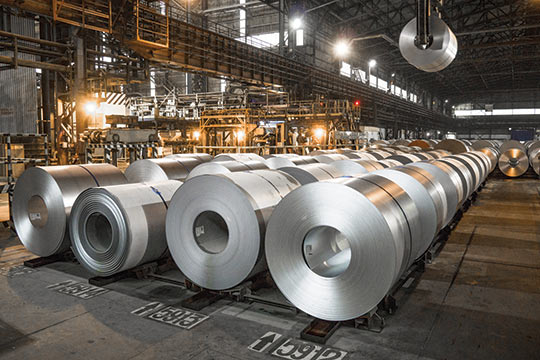Pakistan Association of Large Steel Producers (PALSP) has declared that any opposing decision of tariff on steel sector will lead to shutting of the industry. As a frame of large, documented and integrated steel manufacturers that represent over 60% of the primary steel output of Pakistan, there are over 200 units that are engaged in primary steel manufacturing with a combined capacity of over 4 million tons. At a time when the cost of doing business has been rose steeply and steel industry margins are negative, reducing import tariffs on intermediate or finished products is a clear sign from the government that it wants to de-industrialize the domestic steel sector and be dependent on imports. This will increase the foreign exchange burden by over $1 billion per year. PALSP has also asked the government to obligate on a dropping tariff structure to avoid market distortions. The import duties on re-roll able material has to be increased to 22%. It is an intermediate good that currently attracts import tariffs equal to primary raw material of the industry. As billions have been stuck with FBR in sales tax adjustments due to double taxation, Customs are refusing to abolish an ITP value on steel scrap that is much higher than actual transactional values, forcing companies to pay unnecessarily high taxes at import stage. At a time when the industry is making heavy losses, the minimum turnover tax should be abolished to ease pressure on cash flow. The interest rate should be reduced to 5% when countries across the world have slashed rates to 0%.







